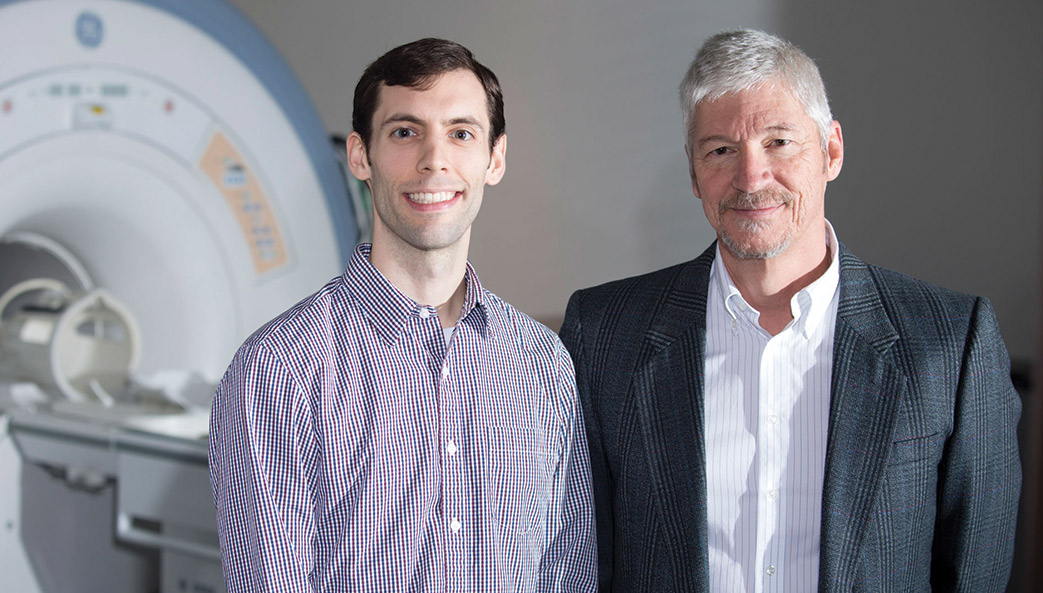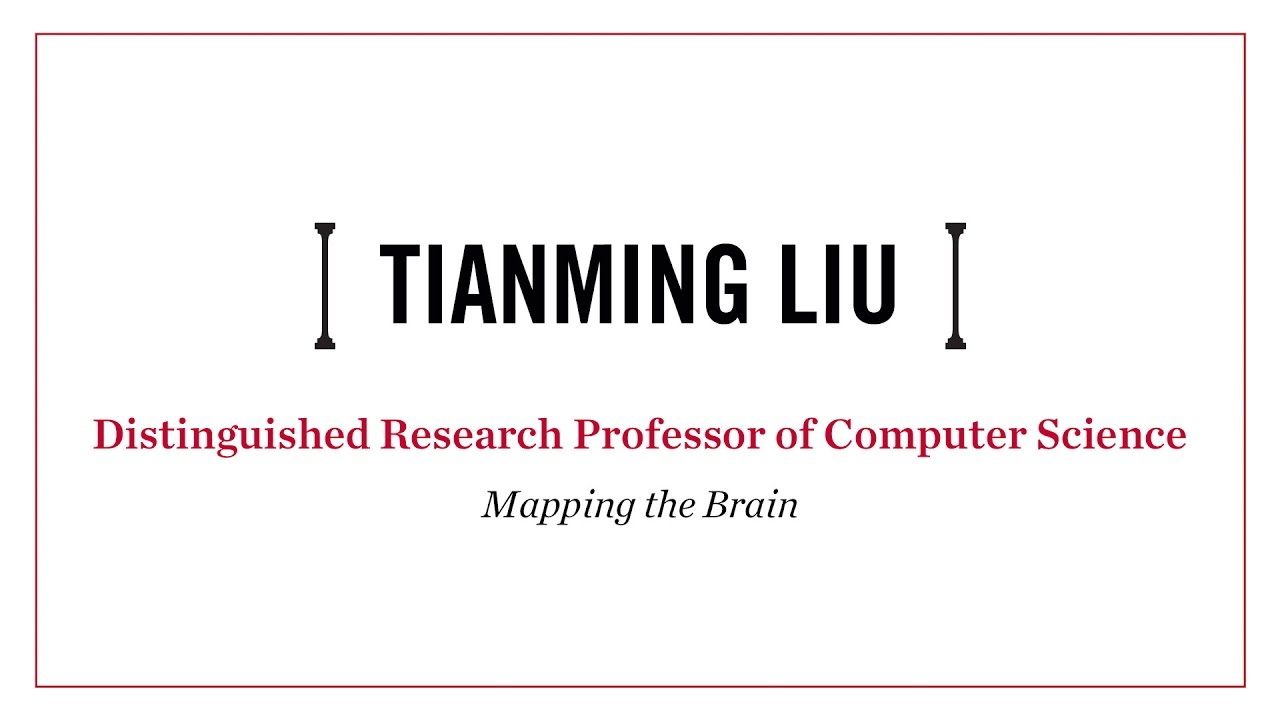The same substances that give vegetables their vibrant colors, known as carotenoids, might also bolster brain function in older adults, according to a recent UGA study published in the Journal of the International Neuropsychological Society.
Cutter Lindbergh, a doctoral candidate in the Franklin College of Arts and Sciences’ psychology department and first author of the study, and L. Stephen Miller, a professor of psychology and the study’s corresponding author, used functional MRI (fMRI) to gauge the brain activity of more than 40 adults ages 65 to 86 while they attempted to recall word pairings they were taught earlier.
The researchers found that those individuals with lower levels of certain carotenoids—luteins and zeaxanthin—had to use more brain power to complete the task. People with higher levels, by contrast, were able to minimize the amount of brain activity required. In other words, they were more “neurally efficient.”
While carotenoids have been shown in previous research to improve seniors’ eye and cognitive health, Lindbergh and Miller are the first to confirm this finding through the use of fMRI. Still unknown, however, are the precise neural mechanisms underlying the relationship between these compounds and cognition.
The next step for the researchers is to study whether interventions, such as changing one’s diet to include more carotenoid-laden vegetables or taking nutritional supplements, could boost neurocognitive performance.






